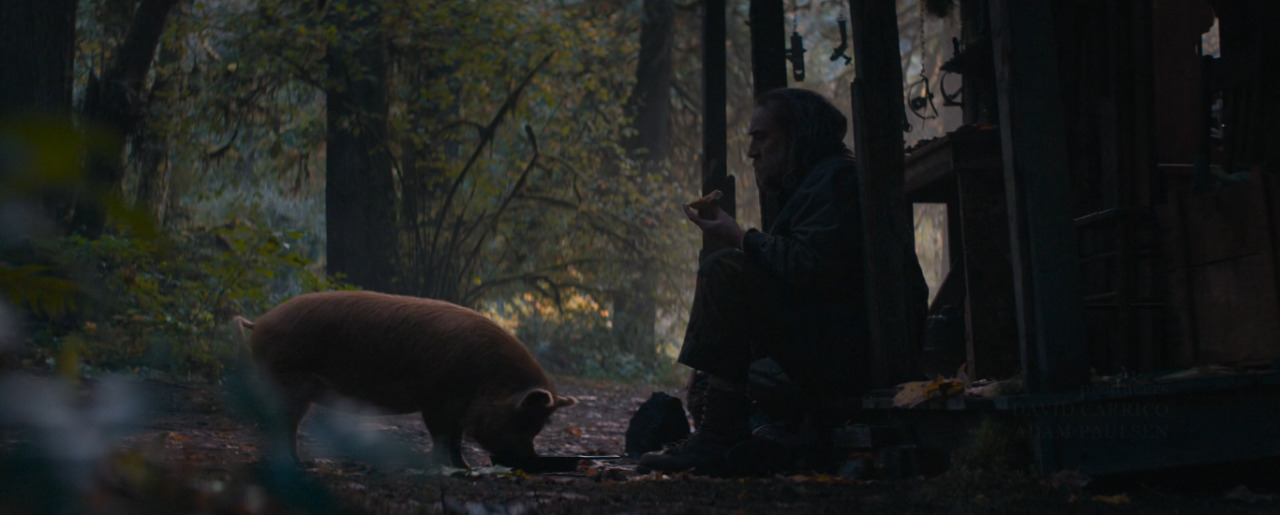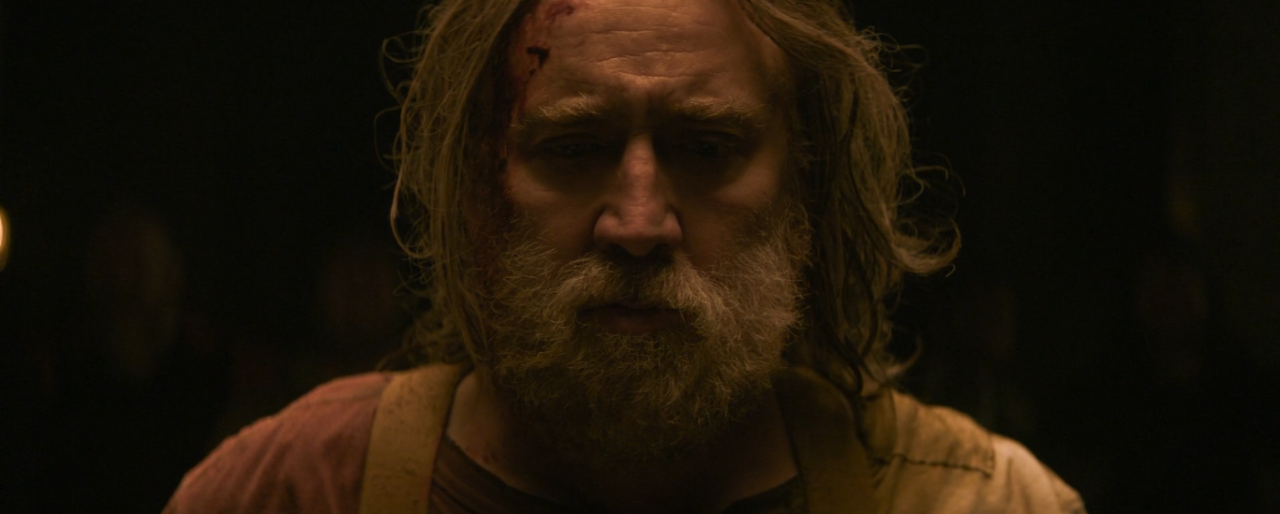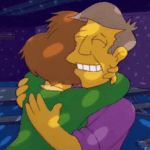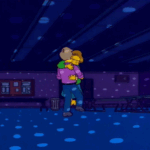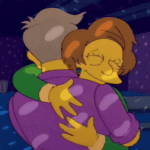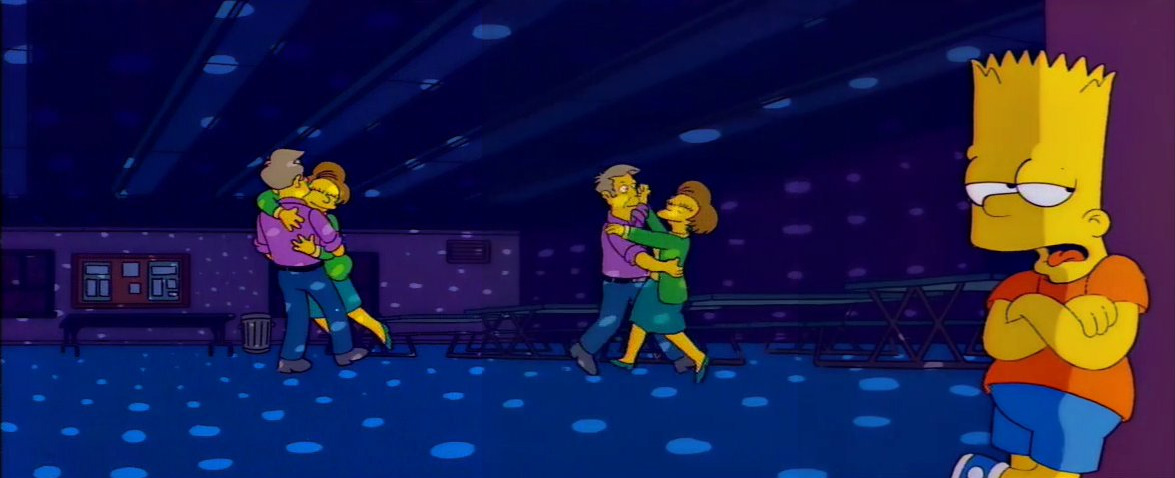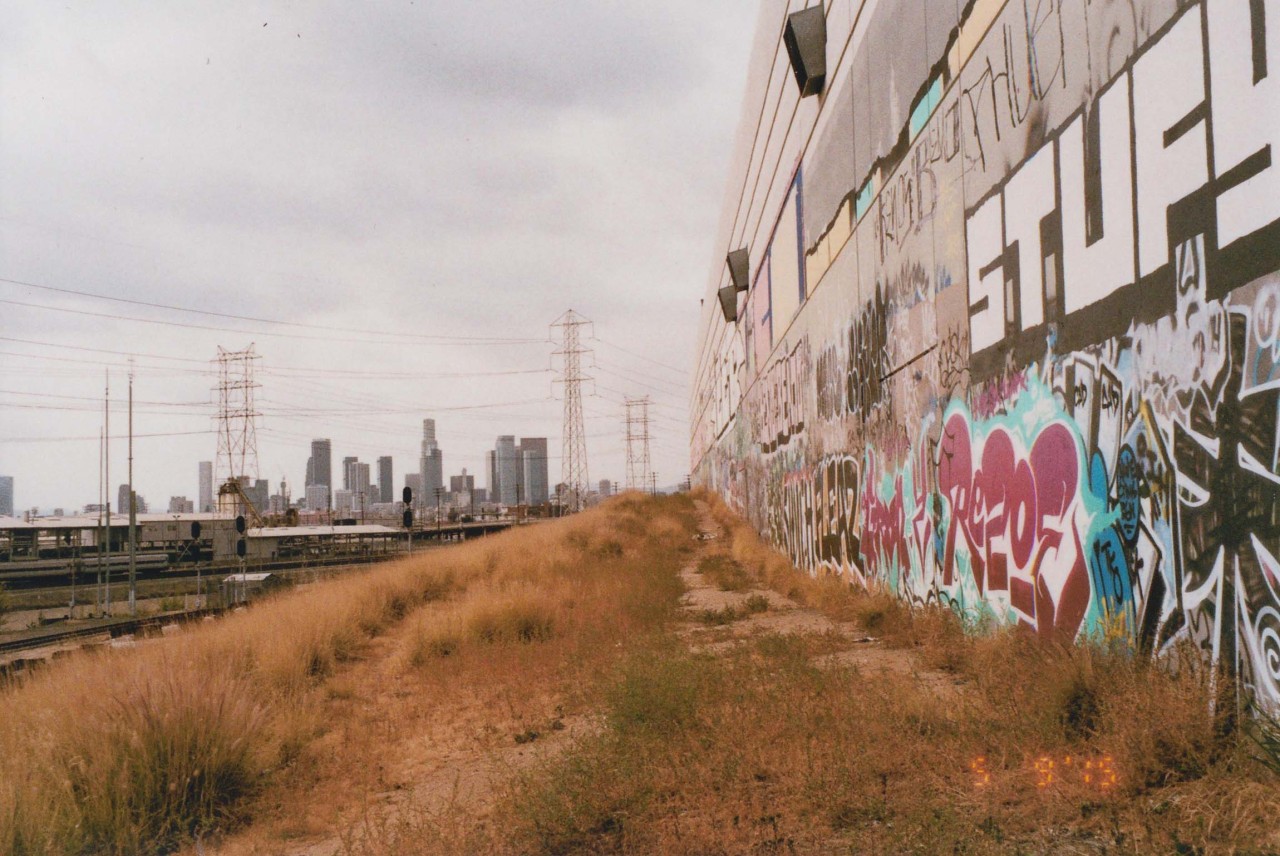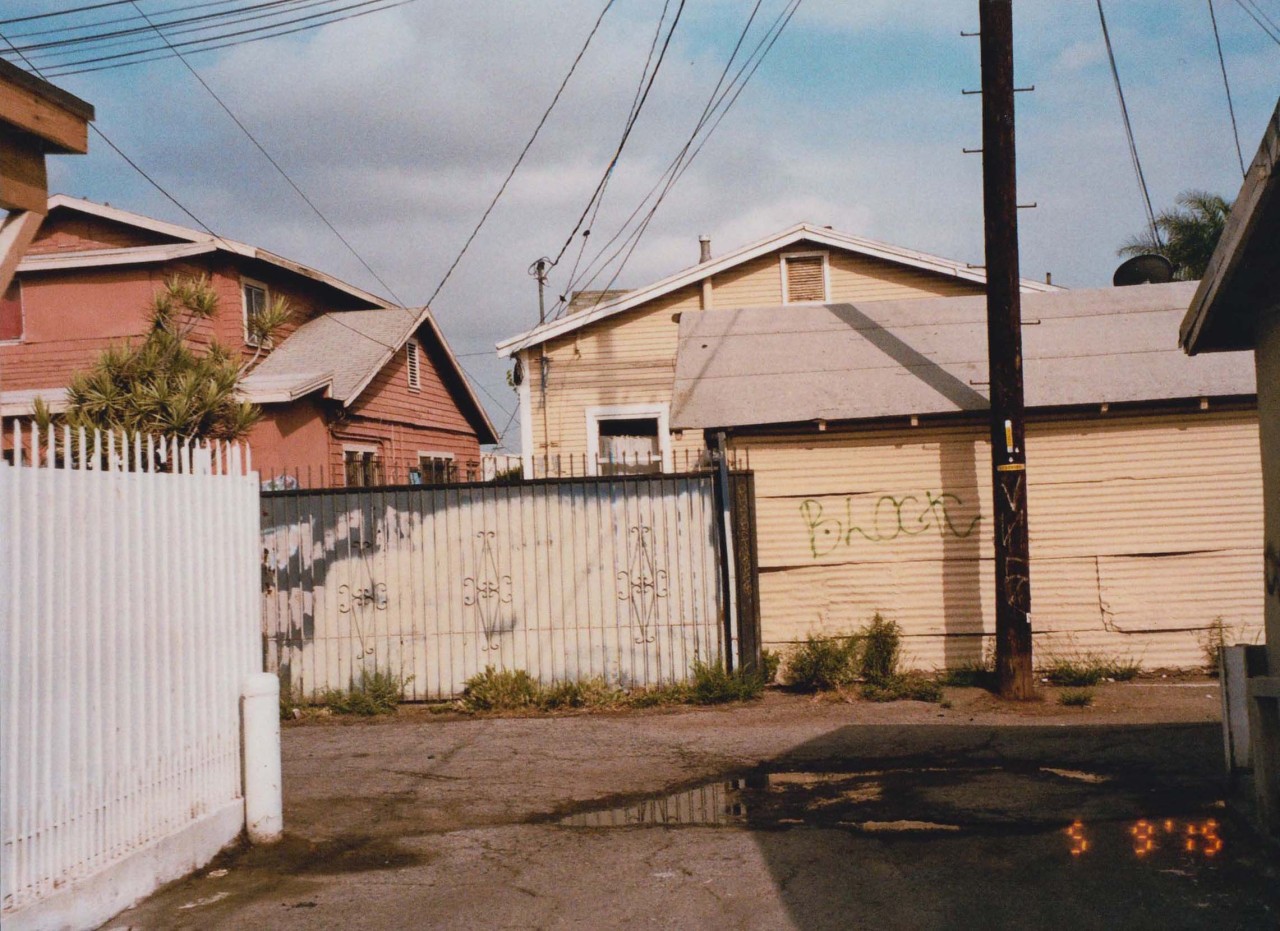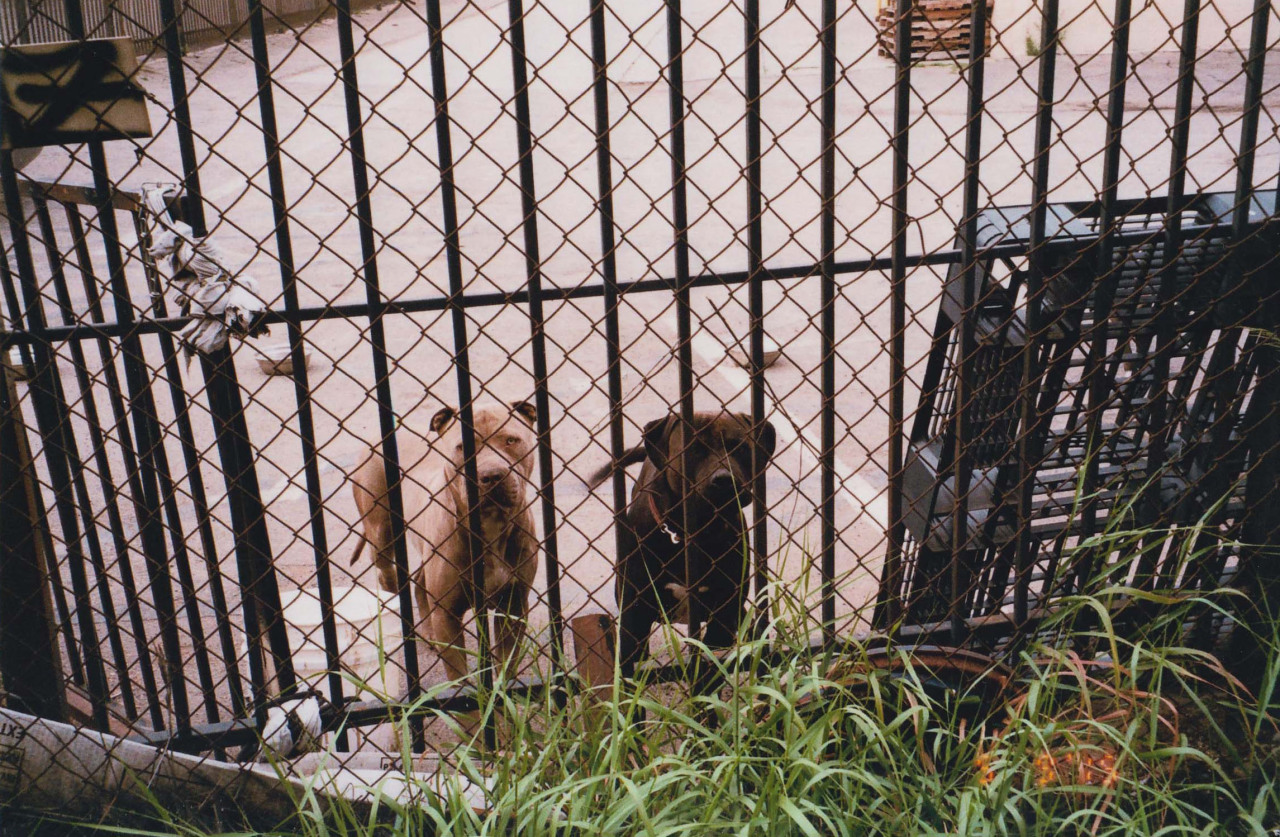I’m not a musician but I wonder about playing music, and what I might play if/when I take up an instrument. Everything I imagine myself playing is slow and sad. It clicks with the fact that music is perhaps the most emotionally resonant form of expression for me because it comes from a wordless place of feeling and mood. As someone who’s lived in a world of words like these almost my entire life, music seems to be the outlet that gets at something that I only occasionally tapped into with words. That gut place that tightens up to prevent intrusion. I got there sometimes, but now I reflect on those attempts with awe. How the fuck did that happen?
If I play music, and it does open up that spot in the center, I wonder what that’ll be like. Will it be welcome? A horrible mistake? I think my instinct will be to shore up that weakness. But if it’s not words, just sound and mood, perhaps it’ll be alright be just dwell in it for a while without a sense of coming apart at the seams.

